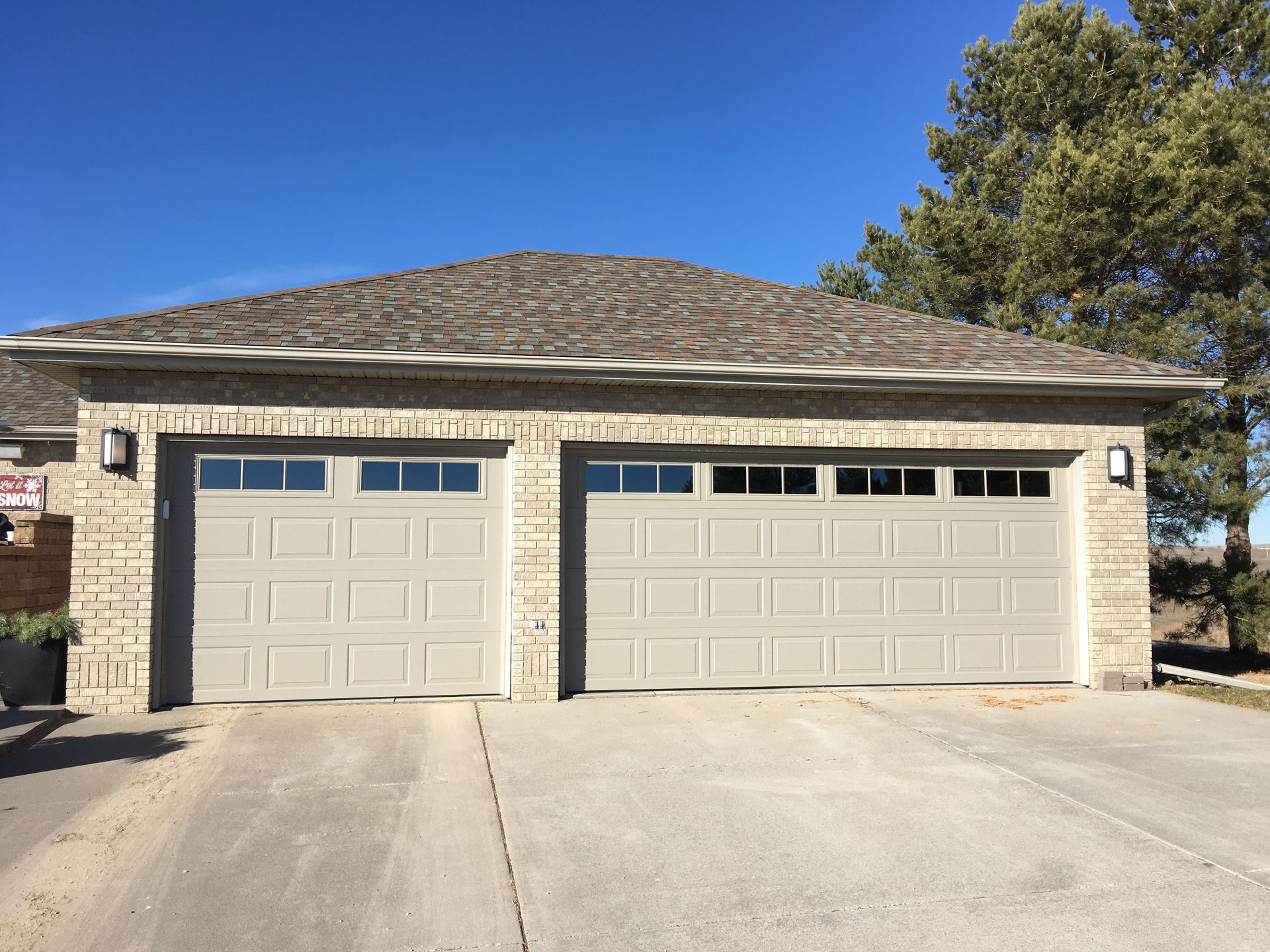Roof insulation is an often-overlooked component of your home’s energy efficiency. Let’s explore how proper insulation can boost roof performance, reduce energy costs, and increase comfort in your home.
Why Insulation is Crucial for Roof Efficiency
Proper insulation is key to roof performance. It prevents heat loss in the cold months and keeps your home cooler in the heat, providing a more comfortable living environment year-round.
How Insulation Affects Heating and Cooling Costs
Inadequate insulation forces heating and cooling systems to overwork, driving up your energy bills. Upgrading your roof insulation helps retain temperature, reduce energy costs, and lower your carbon footprint.
How to Upgrade Your Roof Insulation Effectively
- Choose the Right R-Value: The higher the R-value, the better the insulation's performance. Choose the right R-value for your climate zone.
- Use Reflective Insulation: Consider upgrading to reflective insulation to reduce heat absorption and improve energy efficiency in hotter climates.
- Prevent Air Leaks: Make sure to seal any air leaks around vents, skylights, and chimneys to stop warm or cool air from escaping.
- Insulate the Attic: Since heat rises, ensure your attic is properly insulated to prevent heat from escaping through the roof.

Weathercraft’s Recommendations for Optimal Insulation
We suggest eco-friendly, durable insulation materials that ensure long-term performance. Weathercraft’s experts will assess your needs and recommend the best insulation solutions for maximum energy efficiency and budget flexibility.